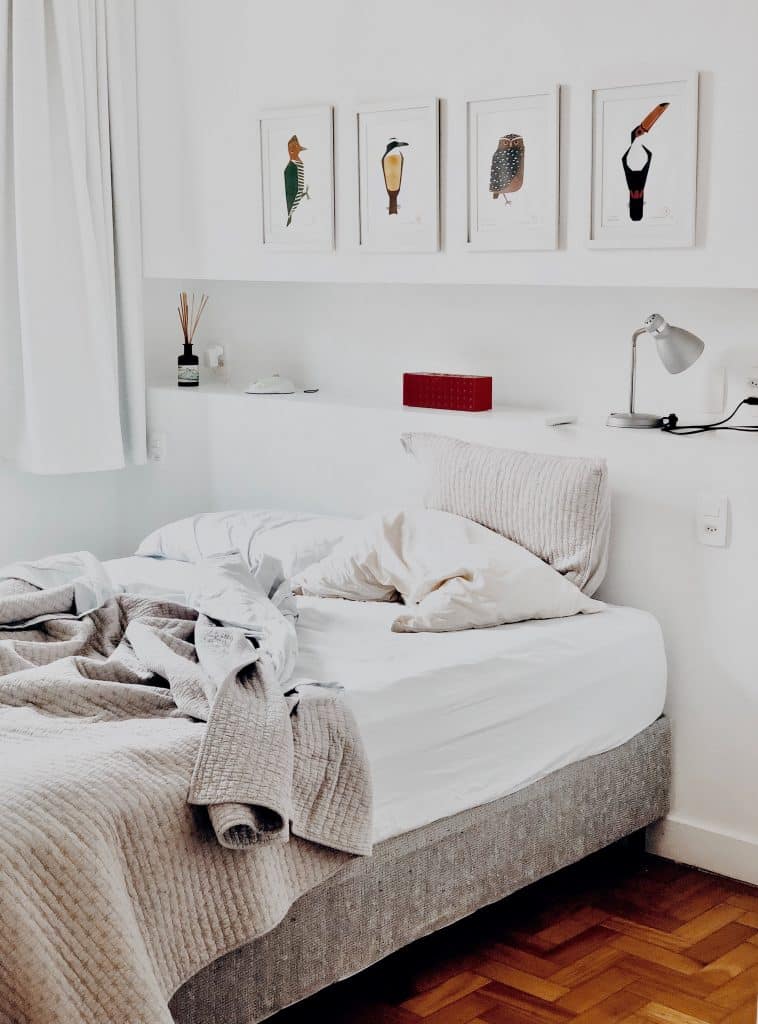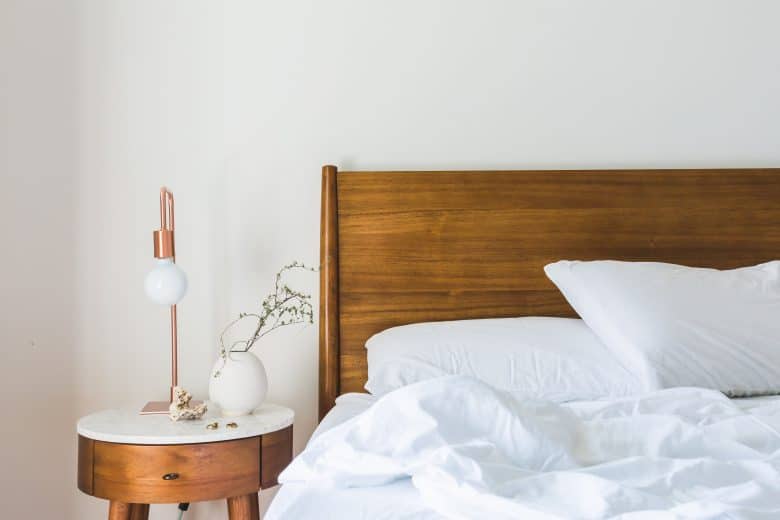For most homeowners, the first things that come to mind when building a sustainable, zero-waste home are the kitchen and bathroom. While these areas contribute to much of your household waste, you shouldn’t neglect the other rooms.
Let’s talk about your bedroom. You might not notice it, but a messy bedroom significantly increases your carbon footprint. Daily bedroom rubbish does not compare to your kitchen and bathroom waste, of course. However, this trash can quickly pile up to thousands of pounds per annum if you do not address the issue.
Unfortunately, most homeowners are not sure how to overhaul their bedrooms. They lived in these rooms for so long that suddenly changing things seems like a huge hassle. Luckily, we can help. Keep reading for straightforward, actionable tips to curate an eco-friendly bedroom.
1. Get Rid of Your Disposable Cotton Rounds
Cotton rounds play a significant role in any skincare routine. You use them to wipe off makeup, apply toner, and remove excess skin sebum.
Unfortunately, disposable cotton rounds are not the most eco-friendly options on the market. Producing 2.2 pounds of cotton pads wastes 5,200+ gallons of clean water, which could keep a healthy adult hydrated for a decade. To make matters worse, two pounds of cotton does not last long. The average person goes through at least a thousand pads every year.
To help reduce the amount of cotton that ends up in landfills, switch to LastObject’s organic reusable cotton rounds. Each pack comes with seven pads that you can reuse 1,750+ times. If you use an average of three rounds per day, it will take nearly two years to go through just one pack.

2. Buy Second-Hand Furniture
If you plan on renovating your bedroom soon, consider using second-hand furniture. While brand-new pieces have the most modern, latest designs, mass producing them also exhausts a significant amount of non-renewable resources. Just imagine how much energy brands like Ikea need to operate.
3. Use and Buy Clothes Wisely
The fast-paced fashion industry forces consumers into constantly buying the latest trends. With the global population wasting 92 million tons of clothing every year, it would drastically help if everyone shopped sparingly.
You don’t have to compromise the environment for fashion. The next time you go clothes shopping, prioritize sustainable brands like Patagonia, Kotn, and Pact. Their clothes consist of fair trade, ethically sourced raw materials. You don’t have to worry about replenishing your wardrobe too often because these durable pieces have a long lifespan.
4. Rely Less on Disposable Napkins
Do you always find heaps of napkins in your trash bin every day? Switch to face towels. Brands like Eco-Babe showcase a wide range of natural, chemical-free washcloths made of ethically sourced bamboo materials.
6. Optimize Your Room’s Electrical System
When it comes to how to save on your electricity bill, there are several options. Replace all the bulbs in your room with LED lamps. They consume 85% less energy and last decades longer than their CFL and incandescent counterparts.
A good recommendation would be the bulbs from Sunco. These energy-saving, long-lasting bulbs have a dimmer feature, so you can further minimize your lighting consumption in certain situations.

7. Install Water Filters
Most Americans do not drink enough water. While experts recommend drinking at least 8 to 10 glasses of water every day, most people only drink an average of 2.5 cups.
One reason why Americans forget to drink is they rely on bottled water. Opening more than two or three per day would already set you back by a few hundred bucks regularly.
Instead of buying more bottled water, invest in a water filter. A good option would be the Brita Standard Water Filter, which is super easy to install, reliable, and inexpensive. You’ll get unlimited access to potable water for less than $20.
10. Stop Using Bottled Hair Care Products
Bottled hair care products and bottled water are equally bad for the environment. Most people overlook the issue because they typically buy bottled water more often than hair care products.
Unfortunately, this waste issue grows at a steady pace. A report by Johnson & Johnson states that more than 552 million plastic bottles end up in U.S. landfills per annum.
Play your part by switching to shampoo bars. Progressive brands like Ethique carry an array of plastic-free, vegan, compostable shampoo bars that come in ethically sourced packaging.
Living in a Curated, Eco-Friendly Bedroom
Overall, the key to sustainable living is mindfulness. Whether you wish to make a few lifestyle changes or renovate your bedroom altogether, you can only achieve your goal by making conscious, eco-friendly decisions. Do not take more than you need.
If you want to take your transformation up a notch, consider moving to a smaller place—especially if you live alone. Your home should be proportional to your household. For example, one- or two-person households can opt for condominiums, while small families can consider single-family homes.














Leave a Reply